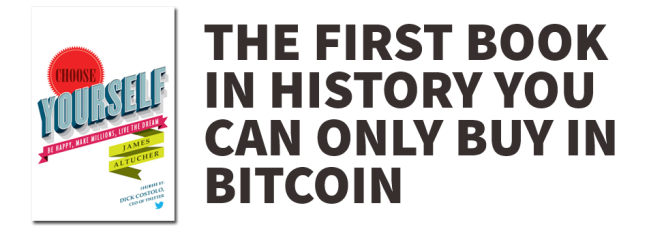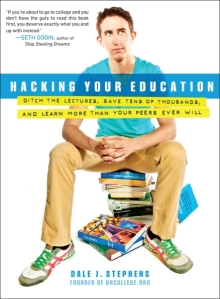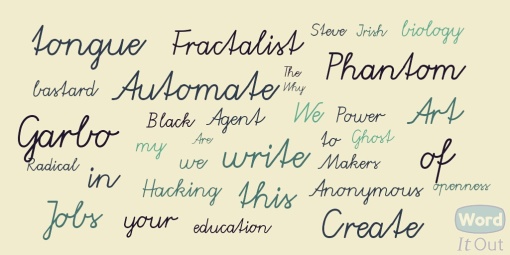
I expected to read details, hitherto unknown to us, about that weird country, North Korea, in Eric Schmidt’s book, The New Digital Age. After all, North Korea is a hot topic, and Schmidt, recently, had a bird’s eye view of it.
Schmidt is on the short list of a very few Americans to experience North Korea intimately, notwithstanding the blinkered Dennis Rodman, who attended a North Korean “celebrity sporting event” a month before Kim Jong-un threatened nuclear annihilation to four U.S. cities: Washington, Colorado Springs, Colo., Los Angeles and Honolulu.
Or, let’s not forget the photo-op of ashen-faced, hostage negotiator, ex-president, Bill Clinton who stood on stage beside the elder, Kim Jong-II during a tense hostage situation. We are curious about North Korea, as-is, on a day-to-day basis, rather than a sanitized distance. Schmidt entered the inner sanctum.
Yes, there were many quotable lines about North Korea and the future of business in Asia in The New Digital Age, but for the rest of us, seeking ephemera, the chapters were like dry lake beds encrusted with cracked mud.
Eric Schmidt and Jared Cohen dual authored The Digital Age: Reshaping the Future of People, Nations and Business. The book was published this April, several months after Schmidt’s business and sightseeing tour with his daughter, Sophie, to North Korea.
Since books are printed in bits instead of ink, mostly, nowadays, it seems like Schmidt and Cohen could’ve updated their Kindle version to include more North Korean local color before it was published; could’ve added a page or two of local kitsch slash melodrama for those readers who are so very curious about, but will never see the innards of North Korea; with those edits in mind, Schmidt could’ve let his daughter write the book.
Daughter, Sophie’s hot-wired blog post written after her visit to North Korea with her father, Eric Schmidt, was far more fun, informative, and readable than Schmidt’s and Cohen’s book. You might like to visit Sophie in North Korea or read Eric Schmidt’s Daughter Recounts the Duo’s Bizarre Trip to North Korea, a Gizmodo story. It’s lively.
Seemed like the Schmidt-Cohen combo was possibly cautious about letting loose Google secrets or damaging a future working relationship with that Manchurian Candidate-kind-of-country, North Korea. Or something.
A Kindle search for the phrase ‘North Korea’ in The New Digital Age leads to no less than thirty-four instances. But for all those talking points the authors might have been describing a dull gray, nondescript, electrical box that every body owns.
Yeah, we know the North Korean government filters their public Internet. Give us details we can chew on. Give us concreteness. Give us gossip, any morsel, scrap, tedious leftover. Linsday Lohan gets better coverage than that bad-boy, North Korea, after a Schmidt visit.
Maybe informed readers with insider views to Google, and the future, read more into Schmidt’s lines than disappointed reviewers read. I’m sure, reading between the lines totally titillates CEO’s and those who like to guess what Google’s next move is about — readers get that, but a good read that broadens our understanding of the future, sprinkled with some bling-bling, and magic dust, particularly, when describing North Korea is what most readers expected.
A few reviewers on Amazon reviews were disappointed. We were in the minority. Below is the gist of my comment left on Amazon:
Bought The New Digital Age book on Amazon Pre-Order because I thought it was a book I might enjoy a lot. Rarely do this. The first chapter was interesting enough, but the writing kept me, the reader at a distance.
After the first chapter I would find myself flipping through other books in my Kindle. I didn’t get much past the first chapter, though I sampled later chapters to try to find a place to anchor my interest. I gave up on it.
Had just finished reading James Merkosi’s Burning the Page with little effort; I read it page for page, and gave it a good review on my blog. The distance between the two books on the WOW scale was wide. I read Burning the Page without a bump, but there was nothing but turbulence in the cockpit when I attempted to navigate The New Digital Age.









